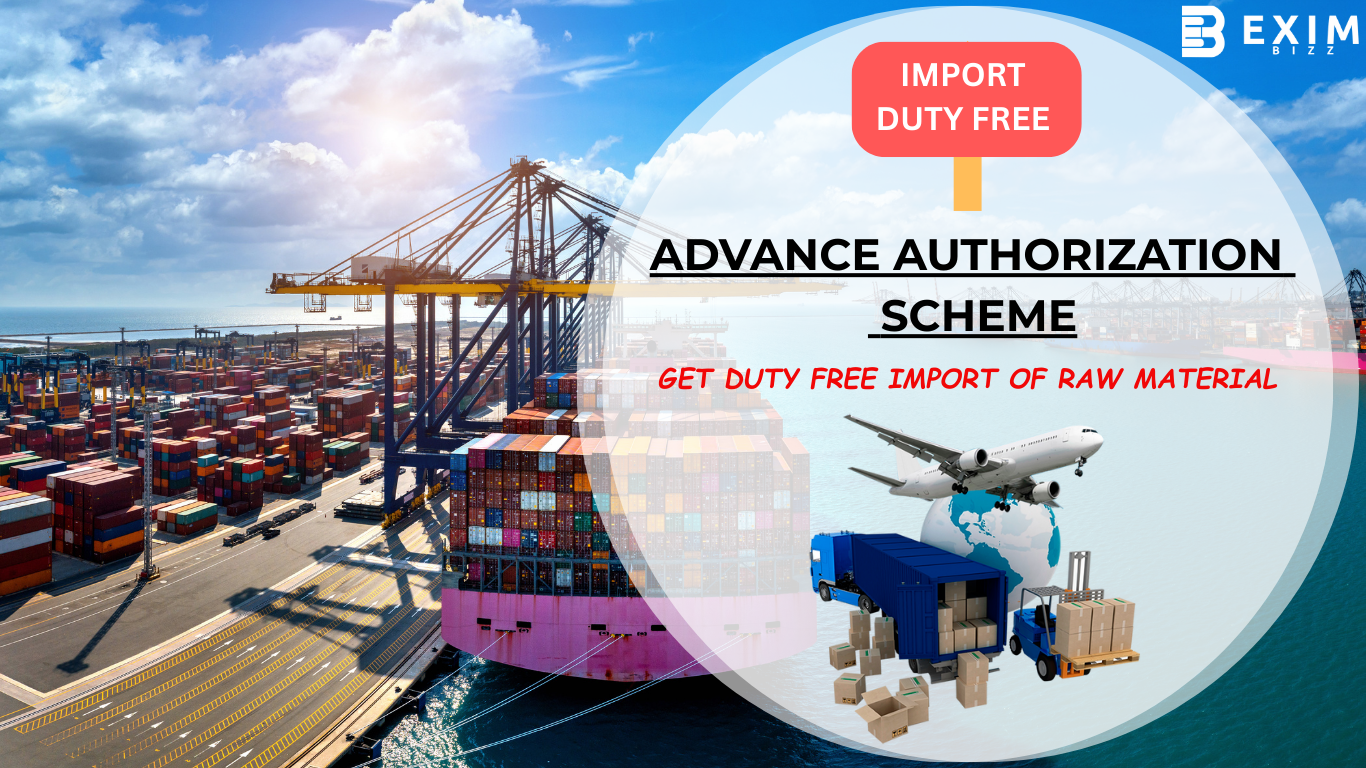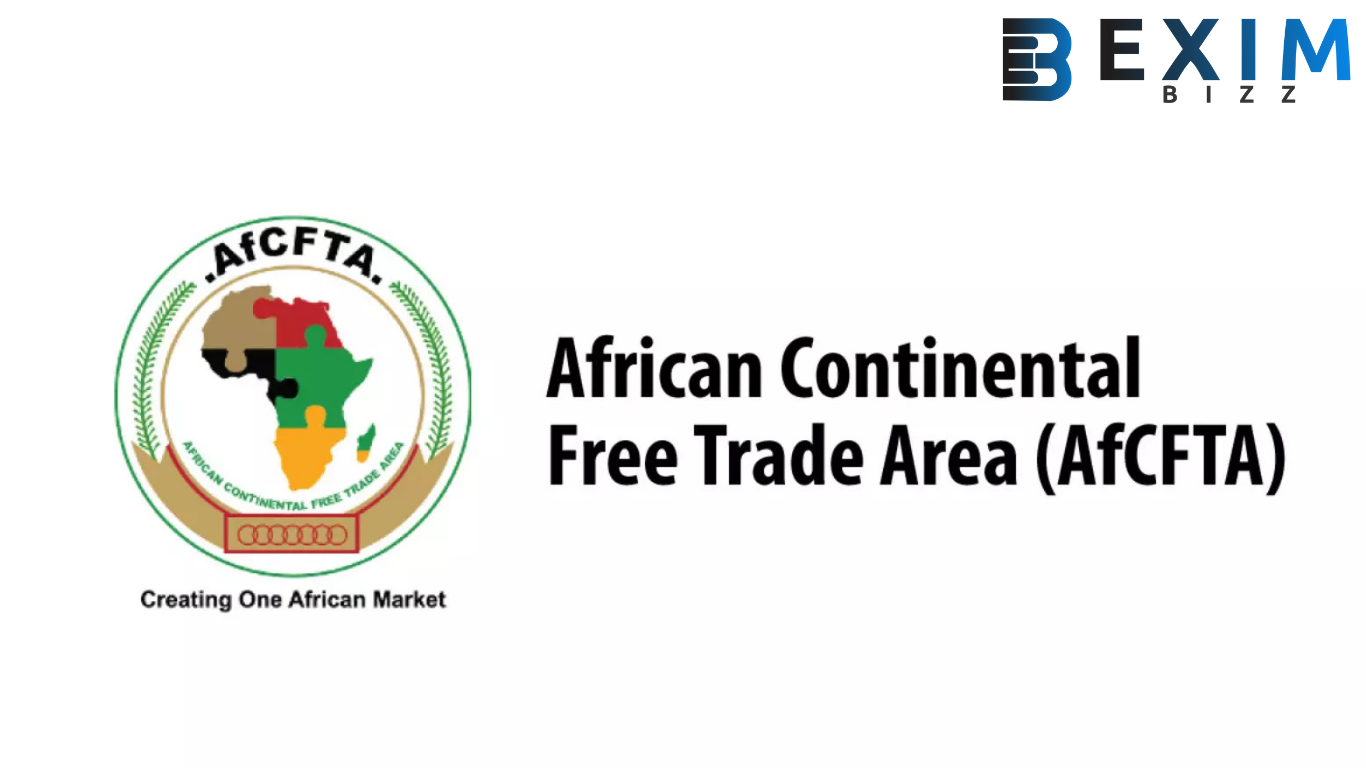In today’s globalized economy, international trade plays a pivotal role in the growth of nations. For countries like India, which is rapidly emerging as a key player in global trade, simplifying and streamlining import and export processes is essential. One such initiative introduced by the Indian government to facilitate seamless trade is the Advanced Authorization Scheme (AAS). This scheme has proven to be a game-changer for businesses engaged in import and export activities, offering significant benefits while ensuring compliance with regulatory frameworks.
What is the Advanced Authorization Scheme?
The Advanced Authorization Scheme, also known as the Duty-Free Import Authorization (DFIA)under the Foreign Trade Policy (FTP) of India, is a mechanism designed to promote exports by allowing duty-free imports of inputs required for manufacturing export goods. While to take benefit of this scheme, exporters are authorization to import raw materials, components, intermediates, and other inputs without paying customs duties, provided these raw materials are used in the production of goods meant for export only.
The scheme operates on the principle of “net foreign exchange earnings,” where the value of exported goods must exceed the value of imported inputs. This ensures that India gains a positive balance of trade while encouraging domestic industries to participate in global markets.
Key Features of the Advanced Authorization Scheme
- Duty-Free Imports: Businesses can import raw materials and components required for manufacturing export goods without paying customs duties, thereby reducing production costs.
- Wide Coverage: The scheme covers a vast range of products and sectors, including textiles, engineering goods, pharmaceuticals, chemicals, and electronics, among others.
- Flexibility: It allows exporters to source inputs from both domestic and international markets, providing flexibility in procurement strategies.
- Time-Bound Validity: The authorization is valid for a specific period, typically 12 months, during which exporters must fulfill their export obligations.
- Transferability: In certain cases, the authorization can be transferred to another exporter, subject to approval from the Directorate General of Foreign Trade (DGFT).
- Support for Service Exports: The scheme also extends to service providers who require imported inputs for rendering services abroad.
Benefits of the Advanced Authorization Scheme
- Cost Reduction for Exporters
One of the most significant advantages of the AAS is the reduced import tax for the production cost while making the final finished goods for the exporters. By eliminating customs duties on imported inputs, businesses can procure high-quality raw materials at competitive prices, improving their competitiveness in global markets.
- Enhanced Competitiveness
With lower input costs, Indian exporters can offer their products at more competitive prices in international markets. This not only helps them secure larger orders but also strengthens India’s position as a preferred sourcing destination.
- Boost to Manufacturing Sector
The scheme incentivizes domestic manufacturers to produce goods for export, thereby boosting industrial activity and creating employment opportunities. It also encourages the adoption of advanced technologies and modern manufacturing practices.
- Positive Impact on Foreign Exchange Reserves
By promoting exports and ensuring that the value of exports exceeds the value of imports, the AAS contributes to a favorable balance of trade. This, favors strengthening of India’s foreign exchange reserves.
- Simplified Compliance
The scheme provides clear guidelines and procedures for obtaining authorization, making it easier for businesses to comply with regulatory requirements. This reduces bureaucratic hurdles and expedites the import-export process.
- Support for SMEs
Small and medium enterprises (SMEs), which form the backbone of India’s economy, benefit significantly from the AAS. The scheme levels the playing field for smaller players, enabling them to compete with larger corporations in global markets.
- Encouragement for Diversification
The AAS encourages businesses to diversify their product portfolios and explore new markets. By providing duty-free access to critical inputs, it enables exporters to experiment with innovative products and cater to evolving consumer demands worldwide.
Challenges and Considerations
While the Advanced Authorization Scheme offers numerous benefits, there are certain challenges and considerations that businesses must keep in mind:
- Export Obligation Compliance: Exporters must meet their export obligations within the stipulated time frame. Failure to do so may result in penalties or the revocation of authorization.
- Documentation and Record-Keeping: Proper documentation and record-keeping are essential to ensure compliance with DGFT regulations. Businesses must maintain accurate records of imports, production, and exports.
- Risk of Over-Reliance on Imports: While the scheme facilitates duty-free imports, businesses should strive to develop domestic supply chains to reduce dependency on foreign inputs.
- Changing Regulatory Landscape: The rules and procedures governing the AAS may change periodically. Exporters must stay updated with the latest guidelines issued by the DGFT.
Conclusion
The Advanced Authorization Scheme is a progressive initiative that aligns with India’s vision of becoming a global trade hub. By offering duty-free imports for export-oriented production, the scheme empowers businesses to enhance their competitiveness, reduce costs, and contribute to the nation’s economic growth. Moreover, it fosters a conducive environment for innovation, diversification, and sustainable development.
For businesses engaged in import and export activities, leveraging the AAS can unlock immense potential and pave the way for success in international markets. However, it is crucial to approach the scheme with a strategic mindset, ensuring compliance with regulations while maximizing its benefits.
As India continues to strengthen its trade policies and infrastructure, schemes like the Advanced Authorization Scheme will play a vital role in driving the country’s economic aspirations. By embracing such initiatives, businesses can not only thrive in the global arena but also contribute to India’s journey toward becoming a $5 trillion economy.






